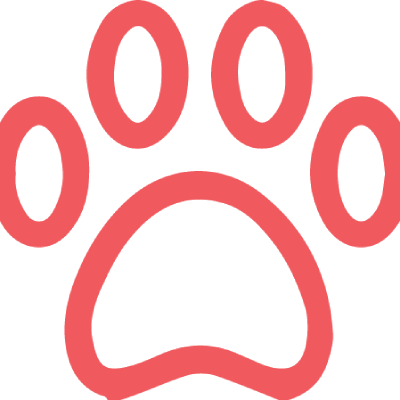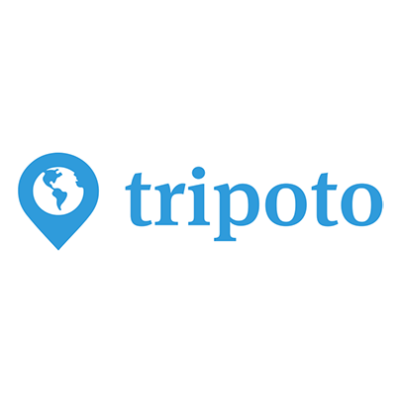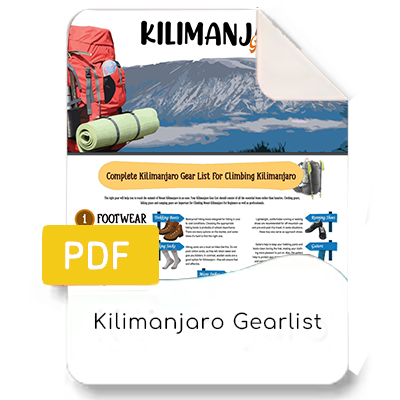SPEAK THE LANGUAGE & EMBRACE THE CULTURE!
Tanzania Language
Before starting to understand Tanzania Language take some time to think do you know how to correctly pronounce ‘Tanzania’? It’s pronounced as "Tan-ZAN-ee-a" as opposed to the wrong and popular version of "Tan-Zu-KNEE-uh". On your Tanzania Safari Tours, you will be using this term a lot. So practice it well and let’s dwell on the various facts about the languages in Tanzania.
Why Swahili Rules East African Languages?
Swahili dominates East Africa, connecting millions through a shared and vibrant language.
How many times have you come across the ‘wonderful phrase’ of “Hakuna Matata”? Did you know that it is in Swahili, the official language in Tanzania?
When the decision was taken to make Swahili as the national and official language of Tanzania is created numerous linguistic and sociolinguistic trends due to the radical nature of the decision. The Bantu-based culture gave an extra-linguistic factor to the decision making Swahili pre-dominant in East Africa.
Bantu peoples are the speakers of Bantu languages and comprise several hundred indigenous ethnic groups in sub-Saharan Africa, spread over a vast area from Central Africa. These are the indigenous black people of South Africa who originated around the Benue- Cross rivers area in south-eastern Nigeria and spread over Africa to the Zambia area.
Original Swahili culture in the coastal and island settlements grew as a result of continued contact between Bantu and Arab-Islamic Cultures.
The Tanzania Language is dominated by Swahili which is supported by popular sentiments of people thriving in the harmonious inclusive relationship with the aspirations of people to build a new Tanzanian nation.
Other Important Languages In Tanzania
Beyond Swahili, Tanzania speaks in many tongues—each with its unique charm.
Chindali in Mbozi District
Despite the numerical superiority of Nyiha speakers, Chindali has been maintained in the Mbozi district and several factors such as age, gender, domains of use, religion, and more are said to have impacted this vitality of Chindali.
It is believed that the Ndalis are the group of people who have strived to maintain the Chindali language, even after being surrounded by different ethnic groups speaking the varied language.
Maasai
Maasai is another popular Tanzania Language that you will come across on your Tanzania Safari Tours which is spoken by the Maasai Mara tribe of Africa. Maasai is an Eastern Nilotic language and is spoken in the northern region of Tanzania as well as southern Kenya. There are over 800,000 remaining Maasai people in Africa today.
Datooga
Part of the Nilo-Saharan language family is another important Tanzania Language called Datooga which is the language of the Datooga ethnic group that lives in the Great Rift Valley of Tanzania. Technically Datooga is not one language but a dialect cluster in Tanzania. In Tanzania, you will come across six different Datooga dialects some of which are difficult for many listeners to comprehend.
Digo
Digo another Bantu language, and is the tongue of the Digo people of Kenya and Tanzania. Today only 360,000 Digo people live in Africa. You will find some Digo speakers fluently speaking Swahili as well. Digo is spoken in different regions of Kenya and Tanzania in four different dialects.
English
The common language used in Tanzania during the British colonial era was English but now has been used alongside Swahili since independence. During the presidency of Jakaya Kikwete however, the abandonment of English as a teaching subject in schools was taken place. This brought about a significant change in Language Policy In Tanzania.
Learn More About Tanzania Language With Jerry Tanzania Tours
Get some info about Tanzania’s languages with us-your guide to culture and connection.
Now that you are aware of What Language Is Spoken In Tanzania? You must be wondering on your trip to Tanzania you may require a translator to convert Tanzania Swahili To English for you. Jerry Tanzania Tour’s experienced tour guides are experts in this area. You can choose from our amazing Tanzania Safari Packages and choices from Budget Safari Tanzania to Luxury Safari Tanzania and enjoy the Best Safari In Tanzania with an itinerary personalized to your needs.
Call us now to know more about such interesting facts about Tanzania and its language and culture.
Tanzania Language FAQ's
Find answers to common language questions here!
“Hello”: “Hujambo”, often condensed to “jambo”. You can also say “habari” which approximately translated means “What’s the news about?” Use any of these, and smile, as you’re going in for the handshake in the Tanzania Adventure Tours.
We will note on Tanzania Safari Tours that English and French are the two endorsed languages and are spoken by the majority. Tanzania is a multilingual nation. There are many languages spoken in the country, Swahili and English, the latter of which was hereditary from colonial rule (see Tanganyika Territory), are widely spoken as lingua francas.
Swahili is mainly a mix of local Bantu languages and Arabic. Spans of severe trade along the East African coast caused in this mix of cultures. Arabic and Bantu, Swahili also has English, Persian, Portuguese, German and French effects due to trade contact.
Swahili and English, the latter of which was inherited from colonial rule. These two are widely spoken as lingua francas. They help as working languages in the country, with Swahili presents the official national language. There are more speakers of Swahili than of English in Tanzania. English is helpful to the tourist come for Tanzania Sightseeing.
Nearer to 15 million people use to speak Swahili in Tanzania. It ends up being used mostly as a lingua franca, as it is in Tanzania. It is a Bantu language precise to the Swahili ethnic group, who live the African Great Lakes are of Africa as well as other regions of Safari Tanzania.
“Hujambo” which means “Hello!” A friendly “hujambo” goes an extensive way. “Habari” also means “hello” or “good morning.” This can be use when speaking with older people in your Tanzania Activities.

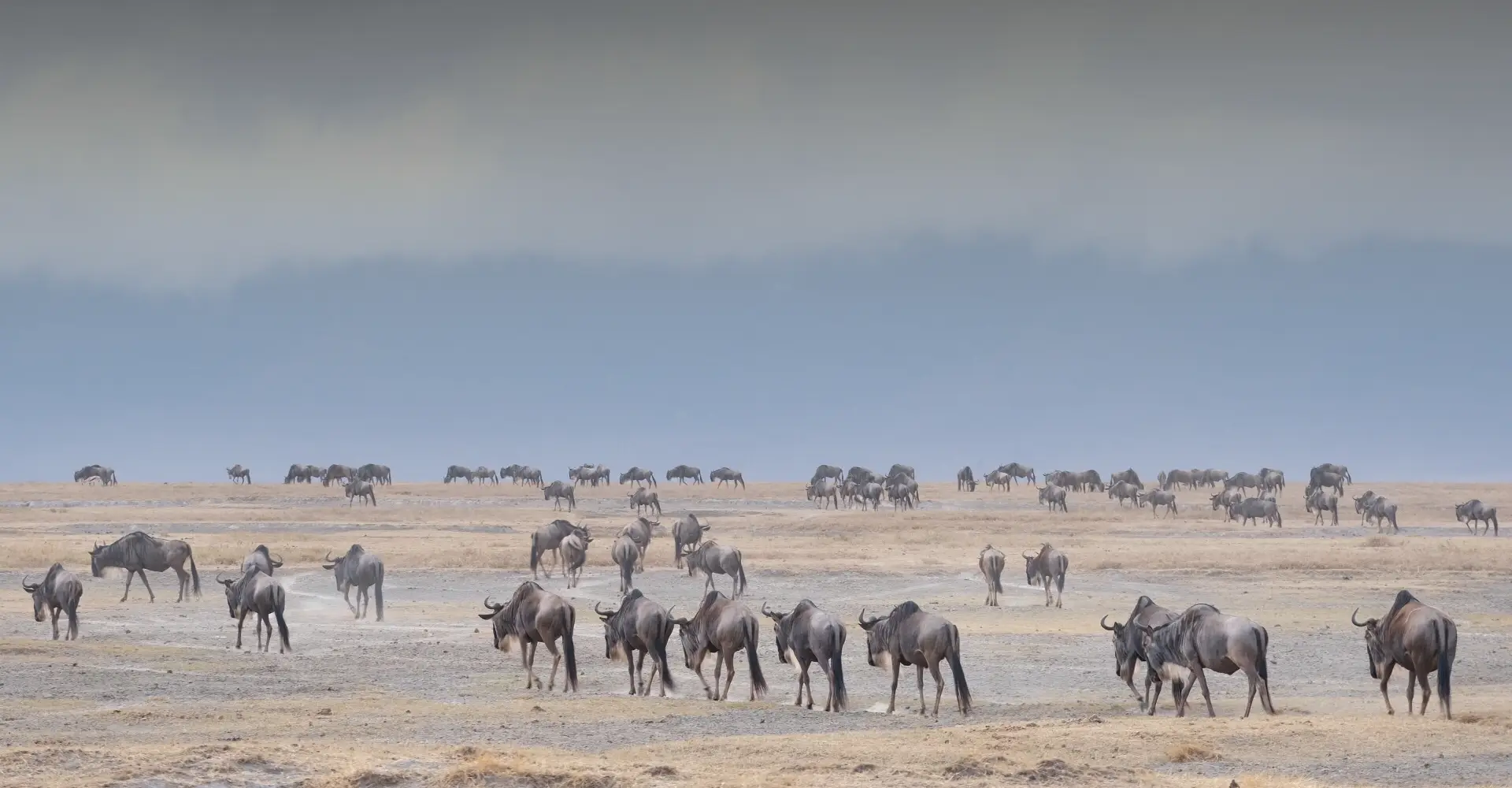
 Tanzania Official Languages Swahili is the most spoken in the country
Tanzania Official Languages Swahili is the most spoken in the country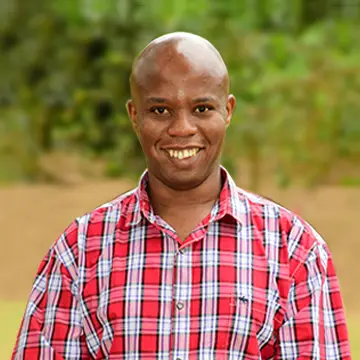
 Whatsapp
Whatsapp Chat Online
Chat Online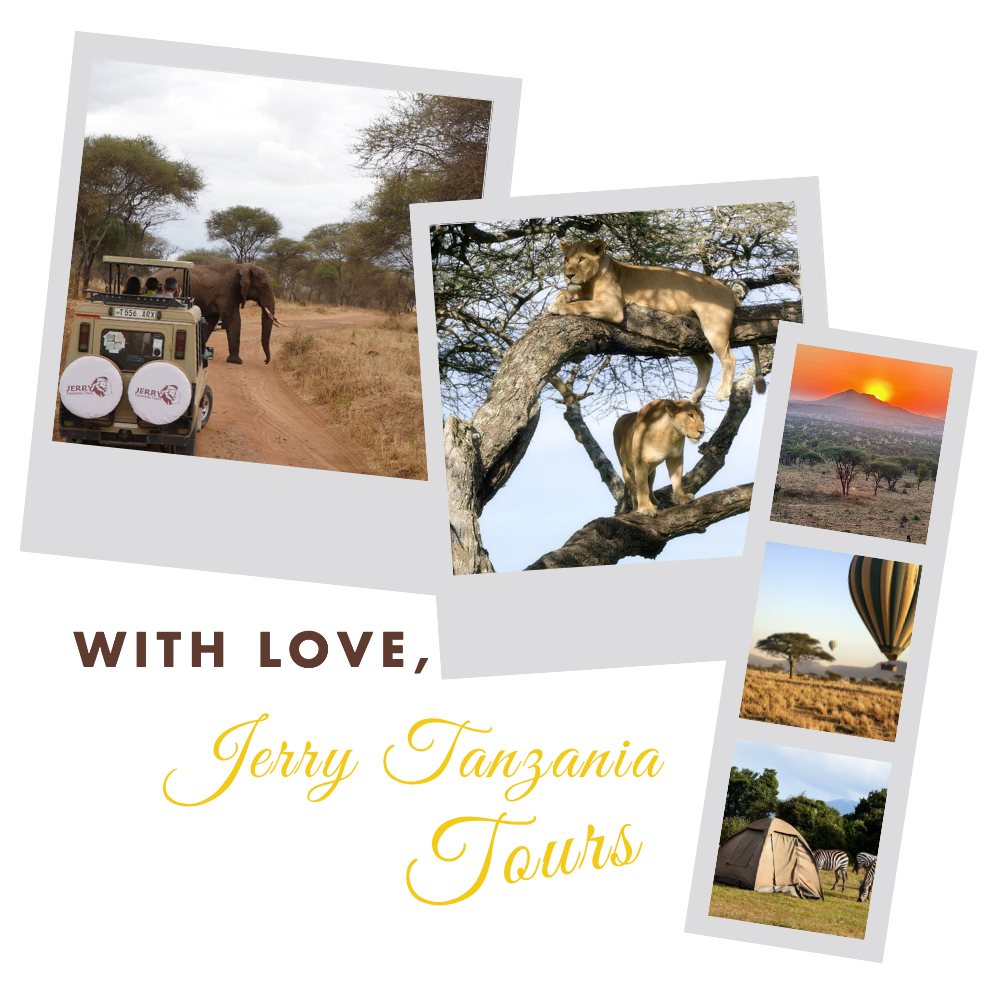

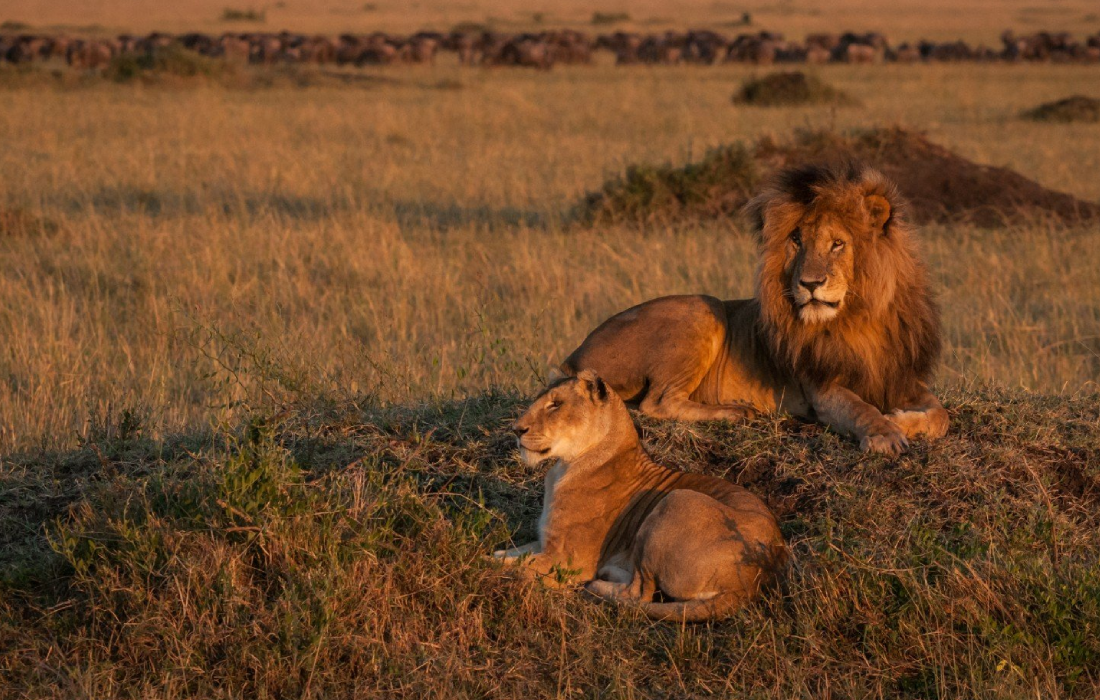
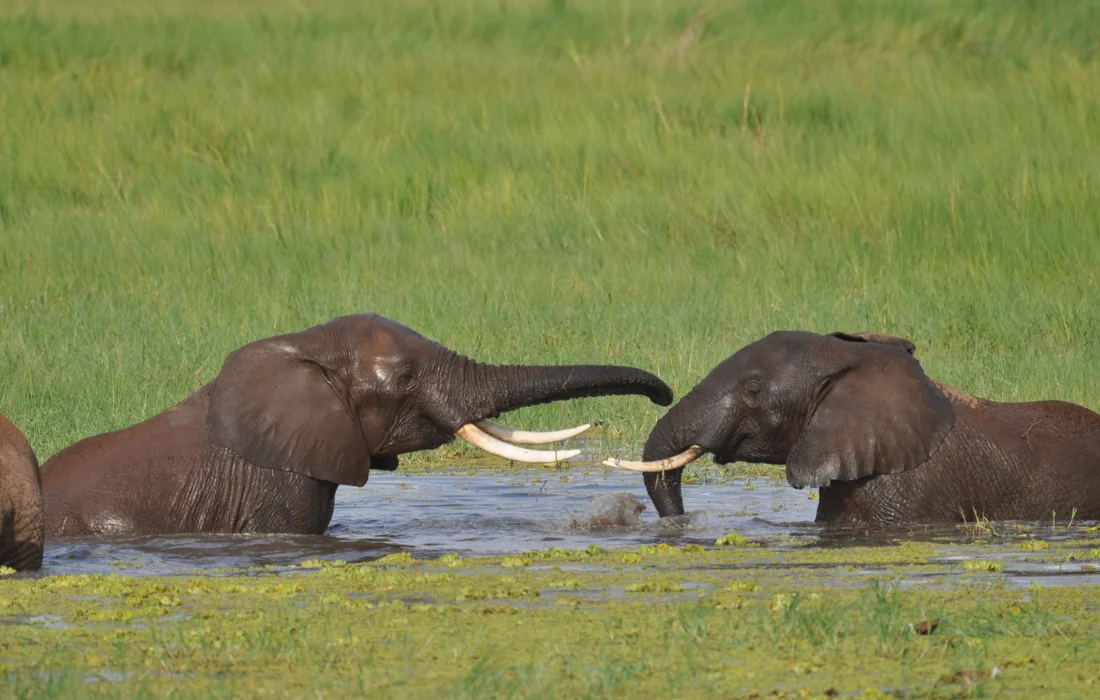
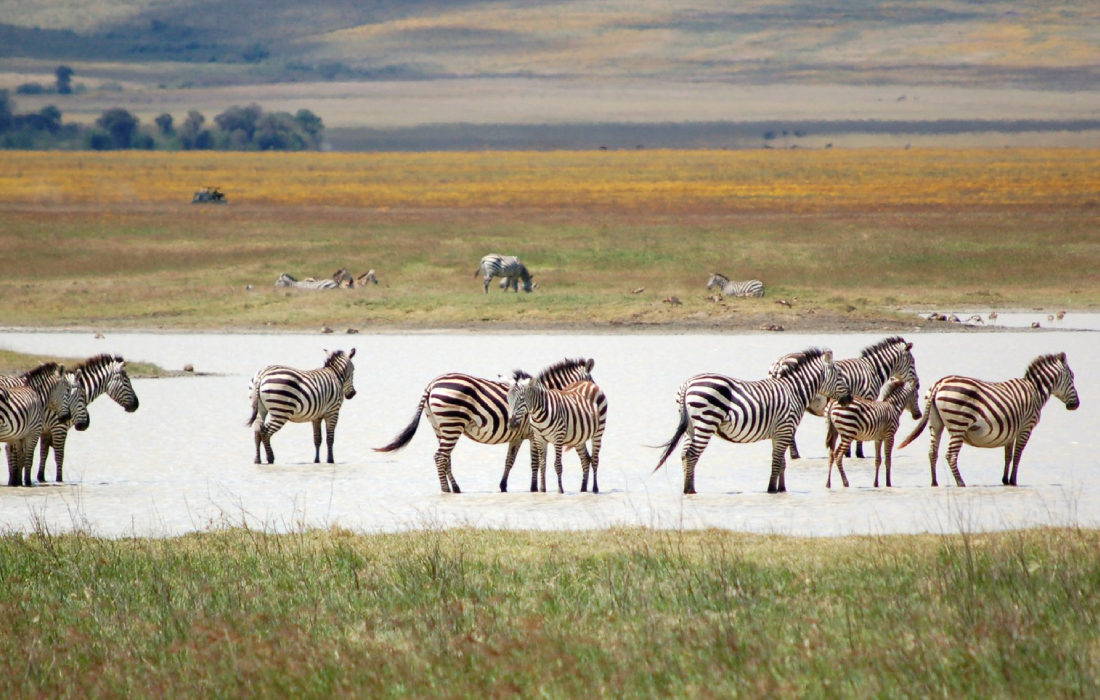
 Ready For Safari?
Ready For Safari? Subscribe On Youtube
Subscribe On Youtube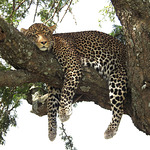
 1 Year ago
1 Year ago




